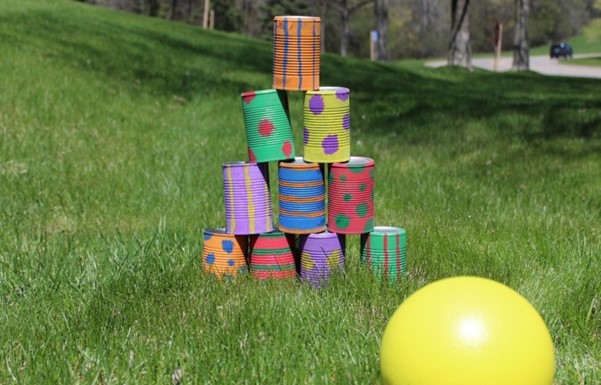Introduction
In conjunction with Mother’s Day last year, Focus on the Family Singapore conducted a survey from April 5 to April 24, 2022, to allow mothers to reflect on their motherhood journey. The survey received a total of 311 responses, with more than half of the participating mothers being employed full-time.









